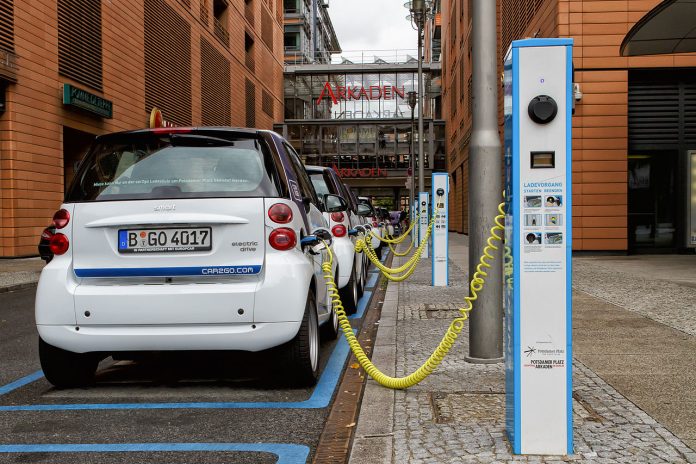The Council of the EU has approved this Tuesday a directive and two regulations to advance in the ecological transition within the framework “Objective 55”.
” Objective 55 “, the plan presented by the European Commission on July 14, 2021, seeks that the EU can reduce its net emissions of greenhouse gases by at least 55% by 2030, compared to the values of 1990, and achieve climate neutrality by 2050.
Enetrgy efficiency directive
The new energy efficiency directive adopted by the Council includes rules to reduce final energy consumption in the EU by at least 11.7% by 2030 and gives flexibility to Member States to achieve this target.
The annual energy saving target will gradually increase from 2024 to 2030 and the new rules establish a specific obligation for the public sector, which will have to achieve an annual consumption reduction of 1.9% with the possibility of excluding the public sector and armed forces.
More charging points for electric vehicles
The Council of the EU has also adopted an Alternative Fuels Infrastructure Regulation (AFIR) to increase charging stations for electric vehicles.
According to the acting Spanish Minister for Transport, Mobility and the Urban Agenda, Raquel Sánchez, “the new law is a milestone in our ‘Fit for 55’ policy, which provides for more public charging capacity on city streets and throughout motorways across Europe.
“We are optimistic and we think that in the near future citizens will be able to charge their electric cars every 60 kilometers with the same ease as they do today at traditional gas stations,” Minister Sanchez added.
The regulation establishes that, from 2025, every 60 kilometers there must be a charging point for passenger cars of at least 150 kW along the main transport corridors of the EU, the so-called “trans-European transport network (TEN- T)”.
For heavy vehicles, they must be at least 350 kW every 60 km in the main TEN-T network, and every 100 km in the global TEN-T network. In 2030, coverage should be full.
The decarbonisation of maritime transport
The main objective of the FuelEU maritime initiative, as a key part of the EU’s Fit for 55 package, is to increase the demand and continued use of low-carbon and renewable fuels, and to reduce greenhouse gas emissions from the transport sector. maritime transport, while guaranteeing the proper functioning of maritime traffic and avoiding distortions in the internal market.
“The new law will provide legal certainty for ship operators and fuel producers and will help kick-start large-scale production of sustainable marine fuels, thereby substantially meeting our European and global climate targets,” said Raquel Sanchez.
The newly adopted regulation establishes that the greenhouse gas intensity of the fuels used by the maritime transport sector gradually decrease: 2% in 2025 until reaching 80% in 2050.
It also sets incentives for the use of renewable fuels of non-biological origin (RFNBO) and temporary exceptions for the outermost regions, small islands and economically highly dependent areas.

